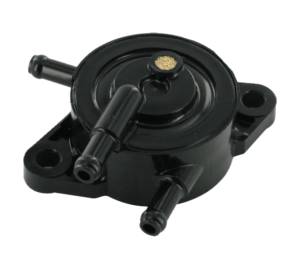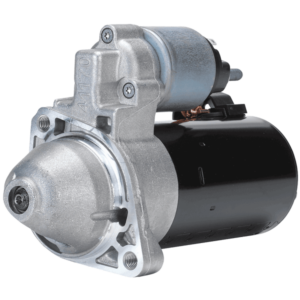About Pre-purchase Inspection
A pre-purchase inspection, also known as a pre-sale inspection, is an important step in the process of buying a used car. It is an examination of the vehicle’s condition by a professional mechanic or inspector to identify any potential issues or problems that may affect the car’s performance, safety or value.

Facts About Pre-purchase Inspection
- A pre-purchase inspection can help identify an average of 20-30 issues with a used car.
- The average cost of a pre-purchase inspection ranges from $200 to $300.
- A pre-purchase inspection typically takes between 1-2 hours to complete.
- Around 95% of used cars have at least one issue that is identified during a pre-purchase inspection.
- A pre-purchase inspection can help a buyer save an average of $1,000-$3,000 on repairs and maintenance costs.
- A pre-purchase inspection can also help identify any hidden damage or accident history that may not be disclosed by the seller.
- Around 75% of buyers who have a pre-purchase inspection performed on a used car go on to purchase the vehicle.
- A pre-purchase inspection can also help a buyer determine if the car is worth the asking price and to negotiate a better deal if necessary.
- A pre-purchase inspection can also help identify any potential safety issues with the vehicle.
- Having a pre-purchase inspection done by a professional mechanic or inspector can provide peace of mind and reduce the risk of buying a “lemon” car.
- A pre-purchase inspection can also reveal if the car has been in a flood or an accident, which can affect the car’s safety and value.
- A pre-purchase inspection can also check the car’s odometer reading to ensure it has not been rolled back or tampered with.
- A pre-purchase inspection can also check the car’s service records to ensure that it has been properly maintained.
- A pre-purchase inspection can also check the car’s emissions system to ensure that it meets the standards set by the Environmental Protection Agency (EPA).
- A pre-purchase inspection can also check the car’s tires, brakes, and suspension to ensure that they are in good working condition.
- A pre-purchase inspection can also check the car’s battery, alternator, and starter to ensure that they are working properly.
- A pre-purchase inspection can also check the car’s heating and cooling system to ensure that they are working properly.
- A pre-purchase inspection can also check the car’s transmission and drivetrain to ensure that they are in good working condition.
- A pre-purchase inspection can also check the car’s interior, including seats, carpets, and upholstery, to ensure that they are in good condition.
- A pre-purchase inspection can also check the car’s exterior, including the body, paint, and glass, to ensure that they are in good condition.
It’s important to note that these numbers are general averages and may vary depending on the inspection service, the location, the vehicle and other factors. But having a pre-purchase inspection done by a reputable mechanic or inspection service is a wise investment, as it can help identify any potential issues and allow you to make an informed decision about the purchase.
Here is a general guide on how a pre-purchase inspection process should look like:
- Schedule an inspection with a reputable mechanic or inspection service.
- Provide the mechanic with any information you have about the car, such as the VIN number and the car’s history.
- The mechanic will inspect the car inside and out, including a visual inspection of the body and paint, tires, brakes, and suspension.
- The mechanic will also perform a thorough examination of the car’s mechanical and electrical systems, including the engine, transmission, steering and cooling systems, among others.
- The mechanic will also check for any leaks, rust, or damage.
- The mechanic will also check for any warning lights, error codes or other issues that may be present.
- The mechanic will also check for any signs of wear and tear, and will also inspect for any signs of accident damage or previous repairs.
- Once the inspection is complete, the mechanic will provide you with a detailed report of their findings.
- Use the information provided in the report to make an informed decision about whether or not to purchase the car, and to negotiate the price if necessary.
It’s important to note that a pre-purchase inspection is not a guarantee of the vehicle’s condition, but it can give you a good idea of the vehicle’s overall condition and will help you make an informed



